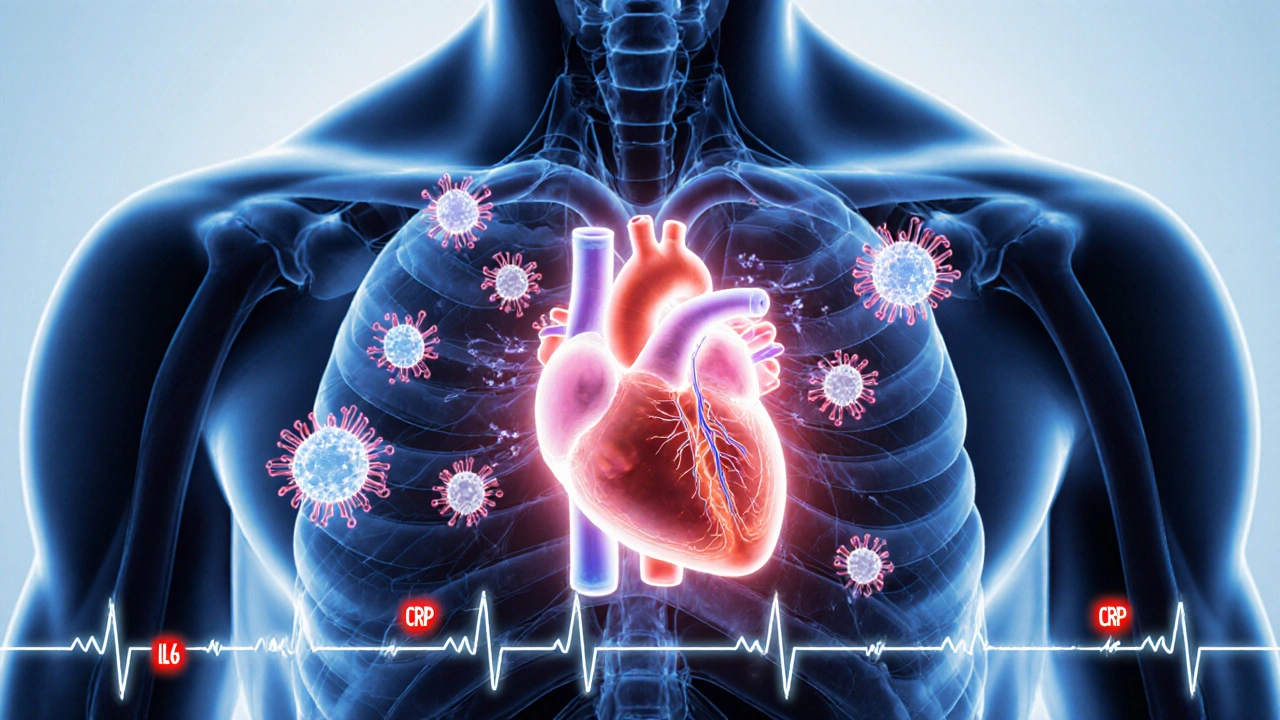Arrhythmias: Understanding Heart Rhythm Disorders
When talking about arrhythmias, any condition where the heart beats too fast, too slow, or irregularly. Also known as irregular heartbeats, arrhythmias affect blood flow and can cause dizziness, fatigue, or chest pain. A common subtype is atrial fibrillation, a fast, chaotic rhythm originating in the upper chambers of the heart, which alone accounts for a large share of stroke risk. Recognizing these patterns early is the first step to safe treatment.
How Doctors Spot and Treat Arrhythmias
Diagnosing an arrhythmia usually starts with an electrocardiogram (ECG), a quick, painless test that records the electrical activity of the heart. The ECG reveals timing, shape, and strength of each beat, letting clinicians separate benign skips from life‑threatening tachycardia. Once confirmed, treatment options range from lifestyle tweaks to medication. Beta blockers, drugs that slow the heart rate by blocking adrenaline receptors are often first‑line for rate control, especially in atrial fibrillation. Other anti‑arrhythmic agents or procedures like catheter ablation may be considered when symptoms persist.
Beyond drugs, patients benefit from managing triggers such as excess caffeine, stress, or sleep apnea. Regular exercise, a balanced diet, and routine check‑ups keep the heart’s electrical system stable. Understanding the link between arrhythmias and factors like electrolyte imbalance or thyroid issues empowers you to act before a problem escalates. Below you’ll find a curated set of articles that break down specific medications, disease connections, and practical tips, giving you the tools to navigate heart‑rhythm health with confidence.

Explore how irregular heart rhythms affect the immune system, the underlying mechanisms, clinical evidence, and practical steps to protect both heart and immunity.
Read More